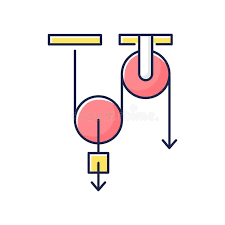
E&M
This topic examines the basic principles of electricity and magnetism. The abstract concept of an electric field is introduced through its relationship with the electrostatic force. The inter-relationships among voltage, current, resistance, charge, energy and power are examined and the foundation for basic circuitry is laid. As electricity is the main energy source in homes and electrical appliances have become an integral part of daily life, the practical use of electricity in households is studied. Particular attention is paid to the safety aspects of domestic electricity.
The concept of magnetic field is applied to the study of electromagnetism. The magnetic effects of electric current and some simple magnetic field patterns are studied. Students also learn the factors that affect the strength of an electromagnet. A magnetic force is produced when a current-carrying conductor is placed in a magnetic field. An electric motor requires the supply of electric current to the coil in a magnetic field to produce a turning force causing it to rotate.
The general principles of electromagnetic induction are introduced. Electrical energy can be generated when there is relative motion between a conductor and a magnetic field. Generators reverse the process in motors to convert mechanical energy into electrical energy. The operation of simple d.c. and a.c. generators are studied. Students learn how a.c. voltages can be stepped up or down with transformers. The system by which electrical energy is transmitted over great distances to our homes is also studied.
What are you waiting for?
Let's contact our tutor Ben Sir
 DSE Ben Sir
DSE Ben Sir